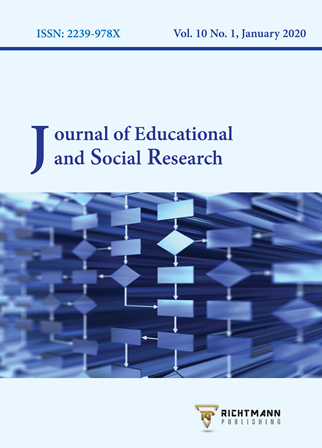Analysis of Factors Influencing Public Capital Investment in Nigeria
DOI:
https://doi.org/10.36941/jesr-2020-0007Abstract
There are several factors that affect successful execution of public capital projects in every economy. This study specifically investigates the influences of selected macroeconomic factors such as: inflation, exchange rate, total expenditure, population, debt servicing and Real GDP on government capital investments using data that cover a period from 2000 to 2017. Using ordinary least squares technique, the findings reveal that Real GDP and population have insignificant negative impact on capital investments, while debt servicing has a significant negative influence on government capital expenditure. Inflation rate does not exert any influence but exchange rate and total expenditure have significant positive impact on capital expenditure. The implication is that a lot of funds go into debt servicing, thereby denying the masses of adequate infrastructural provisions. Due to poor funding of local industries, they lack the capacity to affect the economy positively such that the size of the Real GDP is negatively influencing the public capital investment. Therefore, the study has made some recommendations which could help our policy makers in their decision to ensure that investment in capital projects and infrastructures in the country is given the basic consideration to achieve its economic objectives. Above all the domestic industries and agriculture should be well financed since inflows from them can help to carry out more capital projects and reduce the country’s level of borrowing.
Downloads
Downloads
Published
Issue
Section
License
This work is licensed under a Creative Commons Attribution-NonCommercial 4.0 International License.









